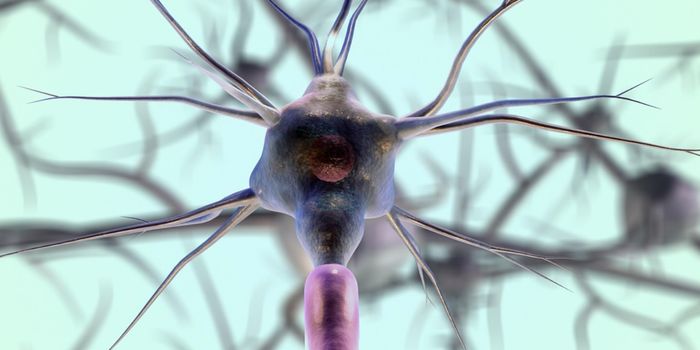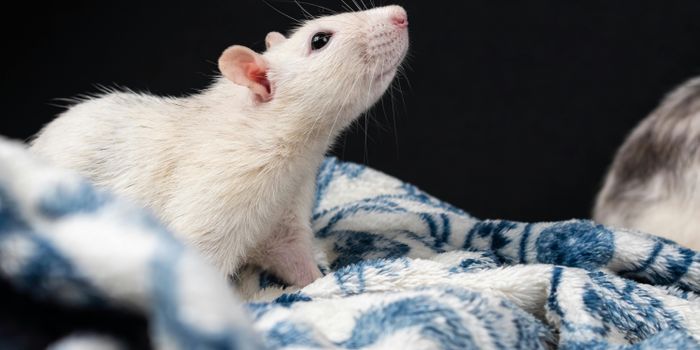It’s been proven in studies time and again. Music does "hath charms" to soothe more than the savage breast. Music is part of therapies for stroke patients, patients with dementia and those who have autism or ADHD.
Brain surgery patients have played music in the OR, to let surgeons know that the work they are doing will not interfere with their gift. So it shouldn’t come as a surprise that the National Institutes of Health are funding research to look at the part music plays in neuroscience.
NIH Director Dr. Francis Collins, a geneticist who is also an accomplished guitar player, explained the NIH Sound Health Initiative which is a program that partners with the Kennedy Center to bring music and neuroscience together, stated, “The brain is able to compensate for other deficits sometimes by using music to communicate.” The program at the NIH has partnered with opera soprano Renee Fleming who agreed to undergo an MRI scan while she was signing to aid researchers in looking at the brain while a professional singer was engaged in her craft. While Fleming stated that she didn’t have to “think too much” about singing, the MRI data showed that several regions in her brain were active when she was singing. Knowing how the mind works to produce music as well as investigating how hearing music can soothe patients with specific neurological conditions is the point of the collaboration between the NIH and musical performers.
NIH researcher David Jangraw was responsible for coordinating the MRI data and told the San Francisco Chronicle, “We're trying to understand the brain not just so we can address mental disorders or diseases or injuries, but also so we can understand what happens when a brain's working right and what happens when it's performing at a really high level.” Partnering with artists at the Kennedy Center has brought together the finest minds in music and neuroscience in the quest to find out more about how the brain works, how it heals and how music can speed healing for some patients. At Georgetown Lombardi Comprehensive Cancer Center there are often musicians-in-residence playing for patients throughout the hospital. Julia Langley, who directs the program, wants to urge researchers to look at how the arts and science can work towards the same goal, told the Daily Mail, “If we can study the arts in the same way that science studies medication and other therapeutics, I think we will be doing so much good.”
The United States is not the only place where music and neuroscience are coming together. Researchers at Cambridge University are studying how hip-hop artists get into a “free flow” of rap music and how that looks in the brain. The program at Cambridge, according to Complex.com, has found that freestyling can put the brain into a “flow state” and that “parts of the brain responsible for emotion, language, motivation, motor function, and motor processing” are highly active when rappers are making their music.
Whether it’s rap, hip-hop, classical or opera, the impact that music has on the brain and on patients who are fighting serious illness is an ongoing focus of research. The video below has more information, check it out.









